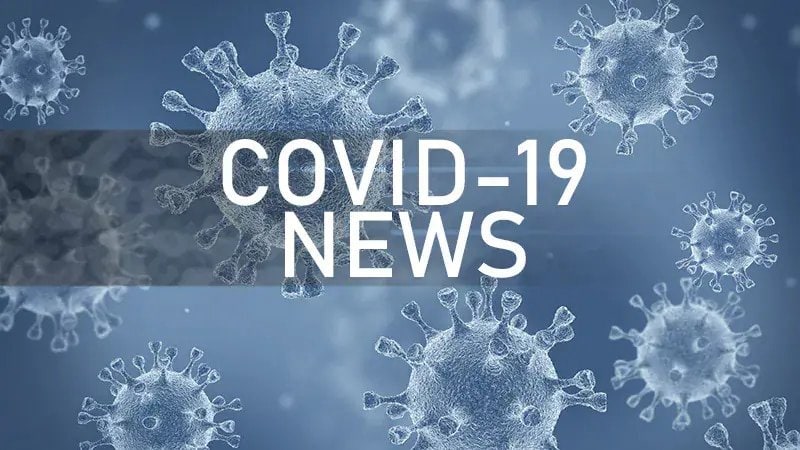Universal Monovalent COVID Vaccines Backed by CDC
Core Concepts
Universal monovalent COVID vaccines are recommended by the CDC to prevent severe outcomes and protect against the mutating virus.
Abstract
The CDC's Advisory Committee on Immunization Practices backed the authorization of new monovalent COVID vaccines to combat rising hospitalizations and deaths due to COVID-19. The committee voted nearly unanimously in favor of universal XBB-containing shots. Key highlights include the robust benefits of vaccination in preventing deaths and long-term risks from COVID, concerns about declining vaccination rates and rising hospitalizations, and the importance of a universal recommendation to clarify vaccination guidelines. The committee also discussed the need to focus on at-risk groups and the hope that a universal mandate would improve access to vaccines for the uninsured.
Universal Monovalent COVID Vaccines Backed by CDC
Stats
Reports of about 17,000 COVID hospitalizations per week in the US
Close to 153 million doses of last year's bivalent booster administered in the US
Quotes
"We have more tools than ever to prevent the worst outcomes from COVID-19." - CDC director Mandy Cohen, MD, MPH
"I'm astonished by the number of people who are not vaccinated. We need a universal recommendation to add clarity for people." - Camille Nelson Kotton, MD
Key Insights Distilled From
by Allison Shel... at www.medscape.com 09-12-2023
https://www.medscape.com/viewarticle/996378
Deeper Inquiries
How can universal vaccination recommendations impact access to vaccines for at-risk populations?
Universal vaccination recommendations can positively impact access to vaccines for at-risk populations by streamlining the vaccination process and making it more widely available. With a universal mandate in place, there is a clearer directive for healthcare providers and vaccine distribution centers to ensure that vaccines are accessible to all individuals, including those who are elderly, immunocompromised, or pregnant. This can help remove barriers to access, such as confusion about eligibility criteria or availability of vaccines, ultimately leading to higher vaccination rates among at-risk populations.
What are the potential drawbacks of implementing a universal vaccine mandate?
One potential drawback of implementing a universal vaccine mandate is the risk of exacerbating vaccine hesitancy among certain groups who may be resistant to mandatory vaccination requirements. Mandates could lead to backlash from individuals who feel that their personal freedoms are being infringed upon, potentially resulting in resistance to vaccination efforts. Additionally, enforcing a universal mandate may strain resources and infrastructure, especially in areas where vaccine distribution and administration are already challenging. It is crucial to address these concerns and ensure that communication strategies are in place to mitigate potential drawbacks.
How can public health efforts be improved to address vaccine hesitancy and increase vaccination rates?
To address vaccine hesitancy and increase vaccination rates, public health efforts can be improved through targeted communication strategies, community engagement, and education campaigns. It is essential to provide accurate and transparent information about the safety and efficacy of vaccines, addressing concerns and misinformation that contribute to hesitancy. Engaging with communities through trusted local leaders, healthcare providers, and grassroots organizations can help build trust and confidence in vaccination efforts. Tailoring messaging to specific populations, addressing cultural and language barriers, and providing easy access to vaccines through mobile clinics or community centers can also help increase vaccination rates. Continuous monitoring and evaluation of public health campaigns can inform strategies for ongoing improvement and adaptation to effectively address vaccine hesitancy.
0
More on Healthcare
